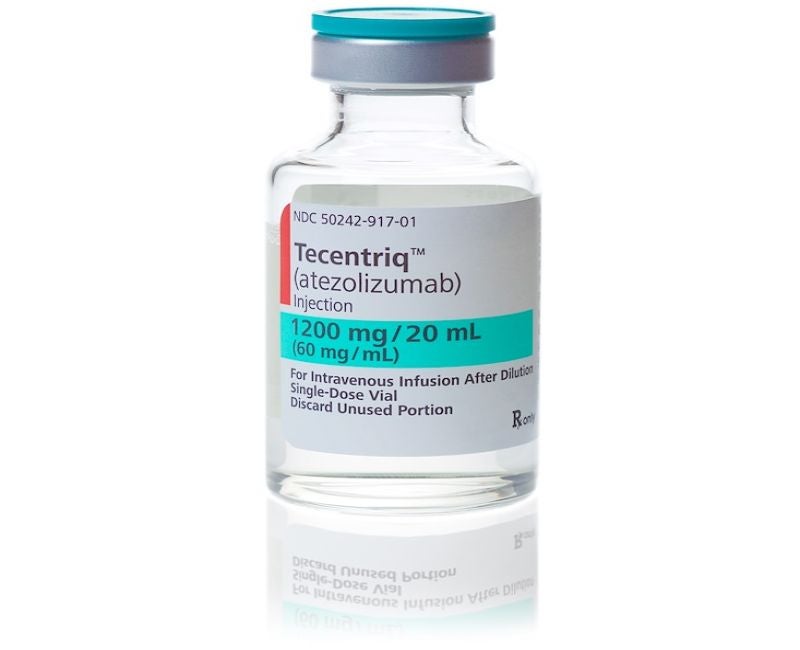
Roche has reported that the Phase III IMagyn050 clinical trial of Tecentriq (atezolizumab) in combination with Avastin (bevacizumab), paclitaxel and carboplatin did not meet its primary endpoint in ovarian cancer patients.
The primary endpoint was progression-free survival (PFS) for the front-line therapy in newly diagnosed advanced stage ovarian cancer.

Discover B2B Marketing That Performs
Combine business intelligence and editorial excellence to reach engaged professionals across 36 leading media platforms.
According to top-line results, the safety of Tecentriq plus Avastin, paclitaxel and carboplatin was consistent with the known profile of the combination.
Roche chief medical officer and Global Product Development head Levi Garraway said: “Ovarian cancer remains one of the most aggressive cancers and is difficult to treat in its advanced stages.
“While we are disappointed by these results, we remain committed to improving outcomes for women living with this disease and are pleased that Avastin remains a key component in the treatment of front-line ovarian cancer.”
The company added that data for the co-primary endpoint of overall survival (OS) are currently immature and follow-up will be continued until the upcoming planned analysis.

US Tariffs are shifting - will you react or anticipate?
Don’t let policy changes catch you off guard. Stay proactive with real-time data and expert analysis.
By GlobalDataIMagyn050 is a multi-centre, randomised, double-blind trial conducted to assess the safety and efficacy of the Tecentriq combination in women with Stage III or IV ovarian cancer on neoadjuvant or adjuvant therapy.
The study was also designed to assess key secondary endpoints, such as objective response rate, safety, tolerability, and patient-reported improvement in abdominal pain and bloating.
The trial is being performed in alliance with The GOG Foundation and the European Network of Gynaecological Oncological Trial groups.
Results from the IMagyn050 study will be further analysed to help inform the Tecentriq gynaecologic development programme, added Roche.
Tecentriq, alone and in combination, is being assessed in various ongoing and planned Phase III trials across lung, genitourinary, skin, breast, gastrointestinal, gynaecological, and head and neck cancers.
In January this year, the company reported data from the Phase III IMvigor010 trial, where Tecentriq failed to meet the primary endpoint as an adjuvant monotherapy in muscle-invasive urothelial cancer (MIUC) patients.





